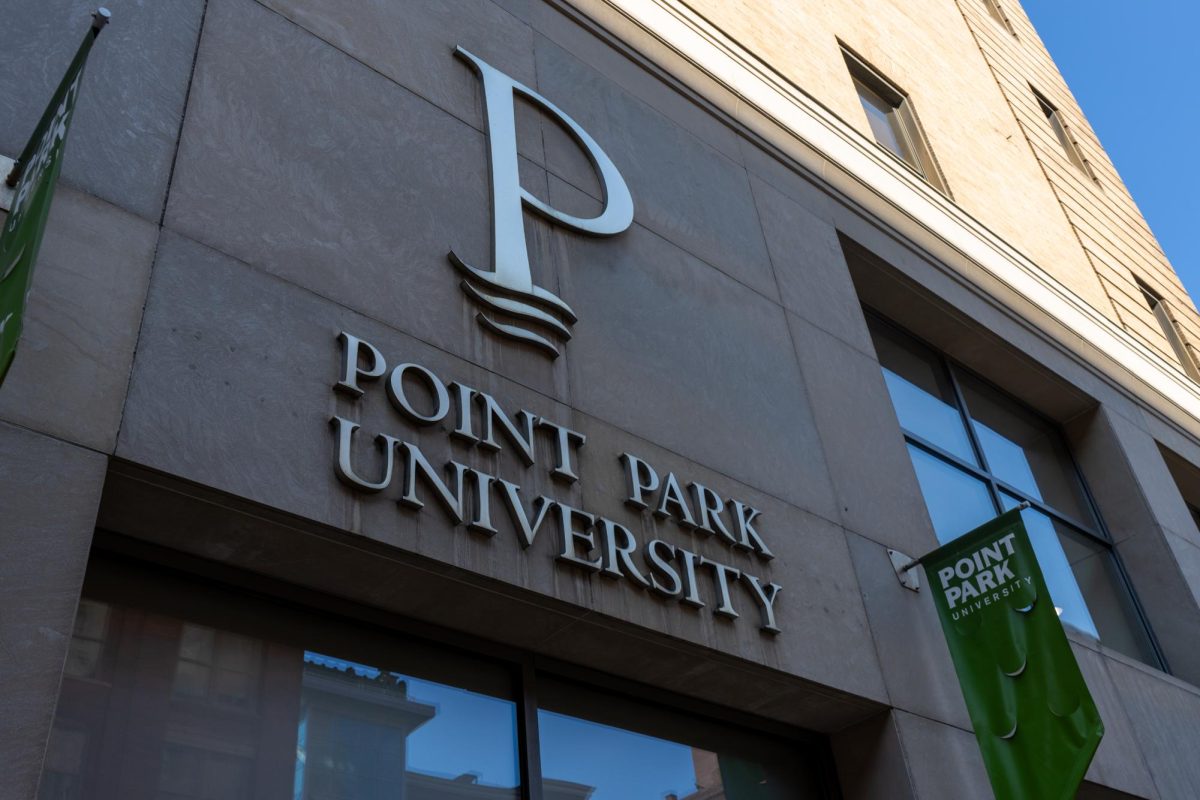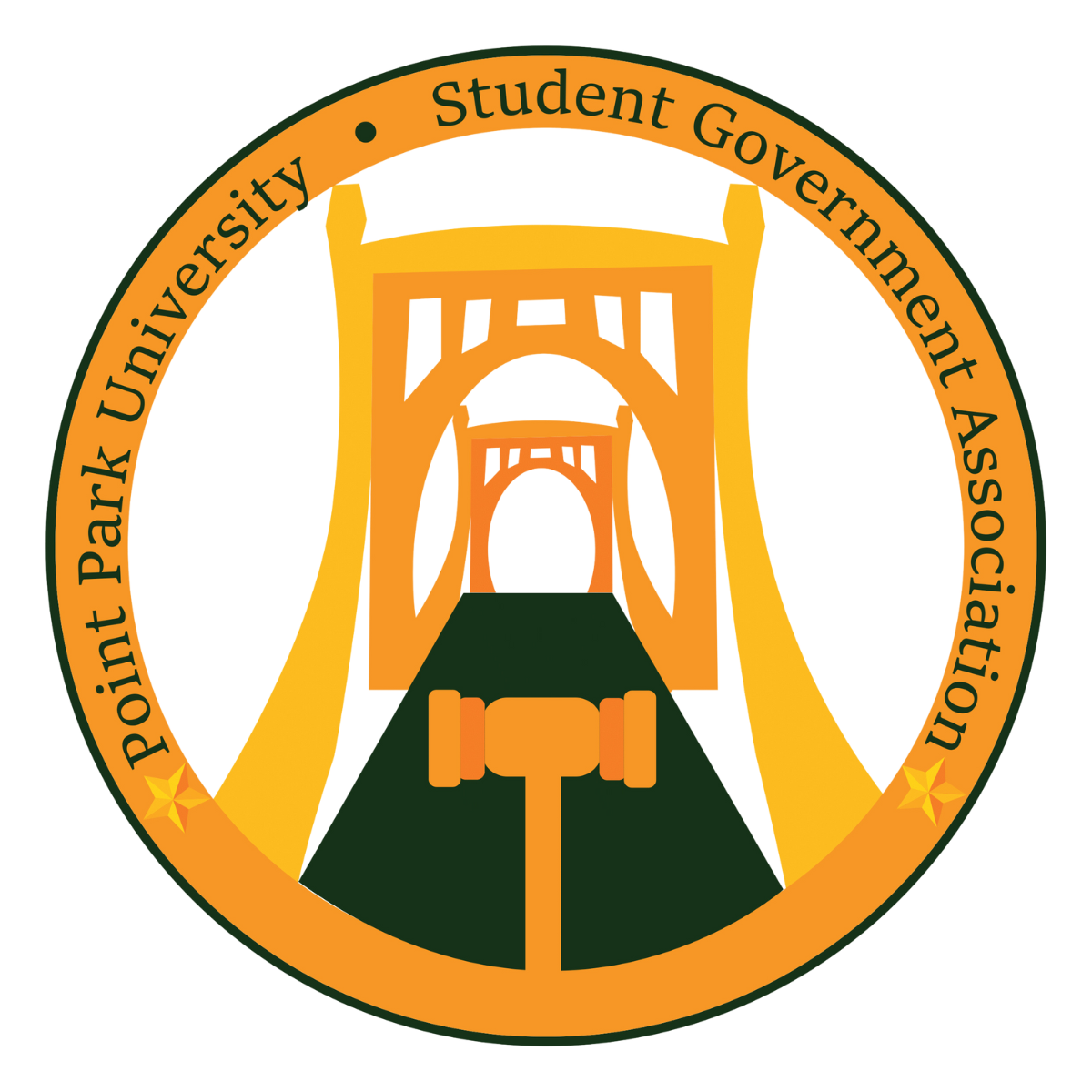
Most students have experienced a computer crash that results in lost work, but the crash may actually be due to a cyber-security breach. Technology has opened doors for hackers to acquire private information and destroy computer users’ property.
This type of attack has happened twice on campus, according to Help Desk Manager Annie Shean. The situations involved ransom-ware, a relatively new form of malware. The Federal Trade Commission’s Consumer Information describes it as “a type of malware, which restricts access to the computer system that it infects and demands a ransom to be paid to its creator.”
“The makers say they will deliver an encryption key when you pay them,” said Shean. This key is said to unlock the infected files.
Malware can cause anything from mild frustration to complete system failure. According to PC World, “malware is a term used to describe a broad category of damaging software that includes viruses, worms, Trojan horses, rootkits, spyware and adware.”
Phishing scams are generally delivered through emails. They may be disguised as a promise of riches or a request for the username and password for a specific account. The creators hope to trick a user into submitting personally identifiable information (PII) by offering chances of great fortune or by pretending to be a trusted authority.
“If it sounds too good to be true, it probably is,” said Don Gearhart, coordinator of the Computer Service Center.
Will Elmes, director of Information Technology (IT) Security and Operations, said not to give up information, especially if it’s unexpected. He also encourages not opening attachments from unknown senders.
Question everything – emails, text messages or advertisements. Frequently misspelled words or misrepresented names can indicate a scam, according to Gearhart.
Assistant Vice President of Information Technology Tim Wilson said to “make sure OS X and Windows are always updated with the latest updates available.”
“Be careful what you install,” Gearhart said.
Malware can also be disguised in free software. Pirated content increases the chances of falling subject to harmful malware.
“Staying mainstream is the best bet. Do not download pirated music, movies or games,” Gearhart said.
In a worst-case scenario, Point Park offers resources to fight against malware and hackers. The Computer Service Center, located on the second floor of Thayer Hall, can address viruses and other malware issues students may encounter.












